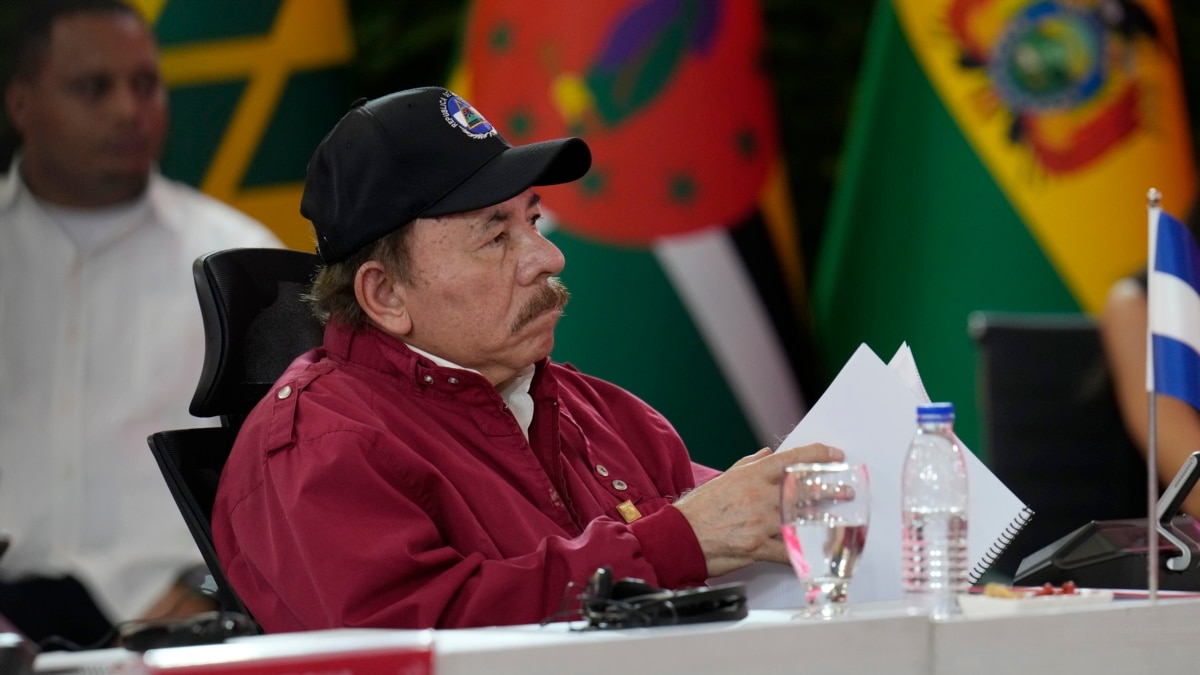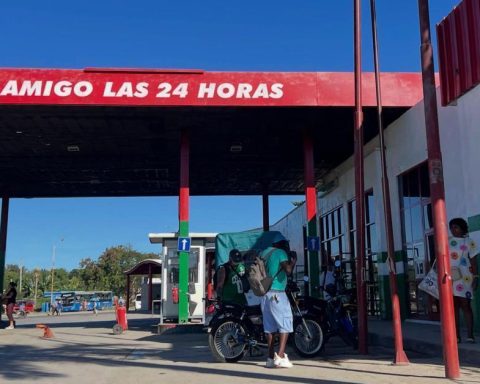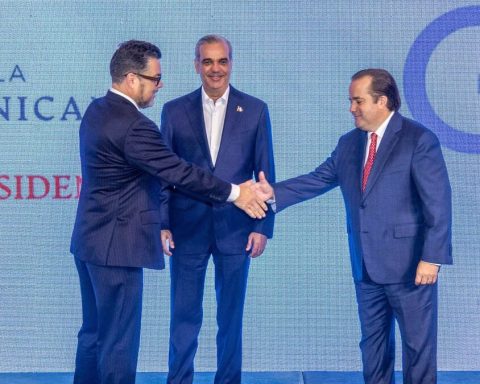Nicaragua’s National Assembly, controlled by the ruling Sandinista Front, approved on Tuesday a reform to the Penal Code that allows for the prosecution and confiscation of the property of Nicaraguan or foreign individuals or organizations that have committed crimes against the state even when they are outside the national territory.
The initiative, sent to the unicameral Congress by President Daniel Ortega, was approved unanimously in the plenary by 88 votes.
These changes will allow the Ortega government to prosecute Nicaraguans who are not in the country, including exiled or banished opponents, and sentence them to fines, confiscation of property and penalties ranging from six months to 30 years in prison, as well as life imprisonment for crimes considered serious.
For Nicaraguan lawyer Uriel Pineda, consulted by APWith this measure, the government of Daniel Ortega seeks to “legalize the arbitrary acts that it had already been committing, such as the confiscation of property” and, at the same time, “reinforce the structure of repression, giving it a legal framework.”
Sandinista deputy María Auxiliadora Martínez, on the other hand, argued that the reform “guarantees a system of coherent norms” through “new criminal types that will strengthen the country’s legal system.”
His colleague from the same party, Edwin Castro, pointed out that from now on “the confiscation of the assets of natural or legal persons”, national or foreign, is authorized to “compensate society for the crime committed.”
The reform modifies 27 articles of the current Penal Code, the first of which refers to the “principle of universality,” which establishes that local criminal laws will also be applicable to nationals or foreigners who have committed crimes outside of Nicaraguan territory.
By including foreigners as subjects of trial and imprisonment, the government could prosecute more than 300 Nicaraguan opponents who in 2023 were stripped of their nationality and have adopted others such as Spanish, including political leaders, well-known intellectuals, artists and human rights defenders.
The 23 criminal offenses established include crimes against the State, money laundering, terrorism and its financing, drug trafficking, arms trafficking, migrant trafficking and human organ trafficking, as well as crimes against public administration, slave trade, counterfeiting, organized crime, sexual crimes and cybercrime.
Under the reform, penalties for such crimes range from fines, confiscation of property or assets, and imprisonment.
The reform also penalizes anyone in Nicaragua or abroad who “promotes, requests or manages economic, commercial and financial sanctions or blockades” against the State, its businesses or its officials, for which sentences of 10 to 15 years in prison will be imposed.
This crime will also be punished with “disqualification and confiscation of criminal assets or property or assets of equivalent value.” The penalties increase to up to 30 years in prison for anyone who “incites, promotes, induces, facilitates or carries out acts that tend to undermine or fragment the territorial integrity of Nicaragua,” a crime for which hundreds of opponents have already been tried.
On Tuesday, the Office of the UN High Commissioner for Human Rights warned in a report about “the serious deterioration” of fundamental freedoms in Nicaragua, where the government continues to “persecut[e]not only those who express dissenting opinions, but also any person or organization that acts independently or is not directly under its control.”
He said that last May, 131 people “considered to be opponents were under arbitrary detention” and that at least 12 of them had suffered “torture and ill-treatment in detention.” Among those detained were 27 Catholic priests, who were later expelled to the Vatican.
During the presentation of the report in Geneva, the spokesperson for the organization, Thameen Al-Kheetan, referred to the reform of the Penal Code and said that it “will aggravate the situation” of thousands of Nicaraguans in exile. “If this law is adopted, dissent will be further criminalized, even in the case of those who are in exile and who face great difficulties,” he warned hours before the reform was approved in Managua.
The new criminal law also authorises judicial and financial intervention in companies that have committed crimes, as well as the freezing of their bank accounts and the complete dissolution of the business.
The reform establishes sentences of one to three years in prison for the crime of “obstructing public services” and three to six years in cases of “disturbing public order,” such as protests and demonstrations, which have been banned in the country since 2018.
Attorney Pineda also considered that the legislative change aims to “intimidate and discourage any action against the regime inside or outside Nicaragua” in order to avoid “a possible social explosion” similar to the one that occurred in 2018.
Pineda, who is also in exile and was one of the 316 Nicaraguans stripped of their nationality in 2023, said that the reform is “a reaction to the criminal proceedings” that a group of Argentine lawyers are promoting against Ortega, Vice President Rosario Murillo and several officials in his closest circle, whom they intend to try for crimes against humanity and for whom they requested a few days ago that an international arrest warrant be issued.
Nicaragua is experiencing a serious socio-political crisis following the social protests that broke out in 2018 and were violently suppressed by police and paramilitaries. The repression left at least 355 dead, 2,000 injured, more than 1,600 arrested and some 100,000 exiled.
Connect with the Voice of America! Subscribe to our channel YouTube and activate notifications, or follow us on social networks: Facebook, Twitter and Instagram.


















